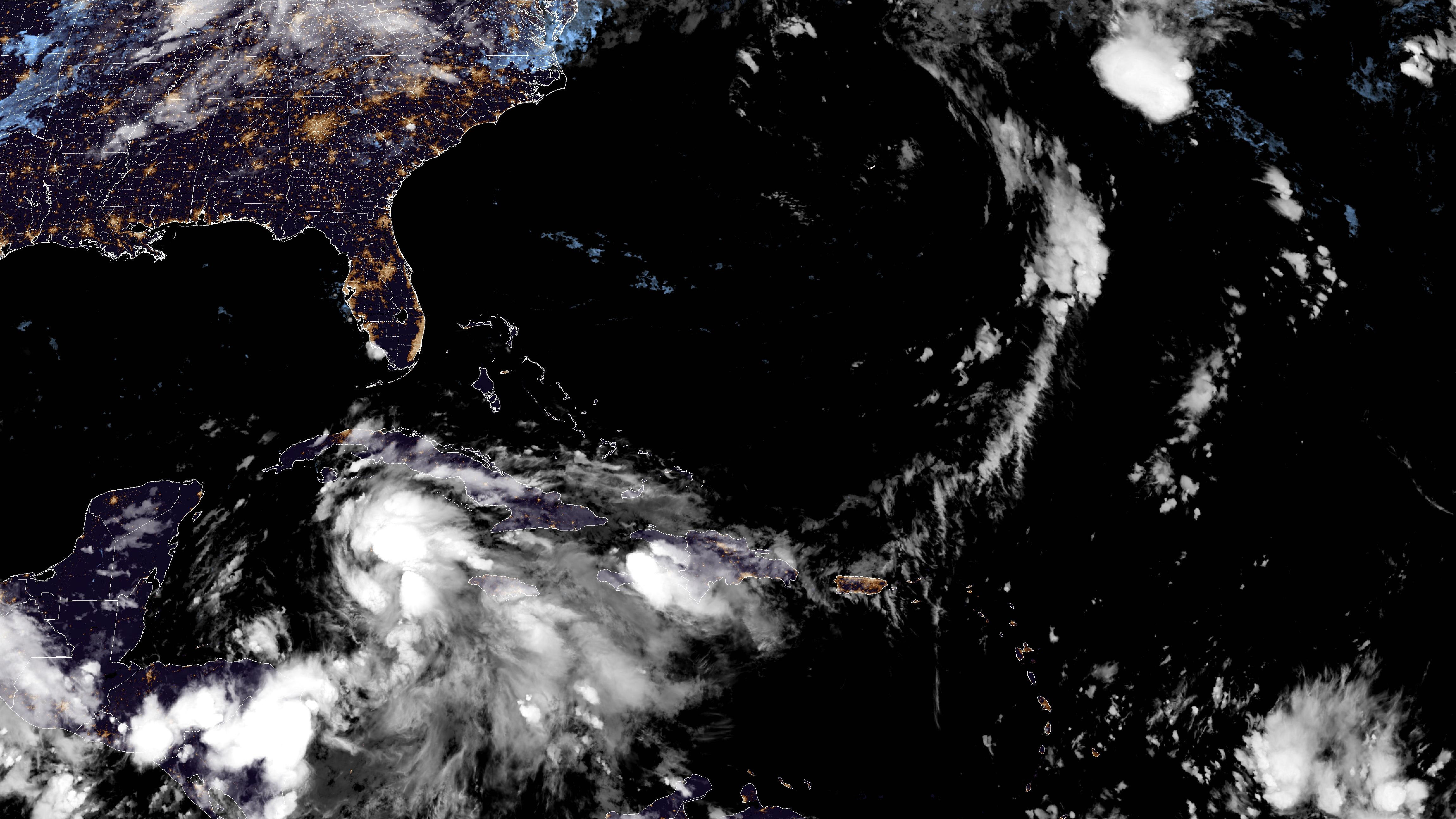A Florida teenager contracted a brain-eating amoeba at Port Charlotte Beach in 2022. One year later, he beat the odds, surviving the amoeba's 97% fatality rate, according to the Centers for Disease Control and Prevention.
Caleb Ziegelbaur, 14, was given four days to live when he was rushed to the emergency room, his mother said.
Ziegelbaur started experiencing hallucinations, headaches and a fever about one week after going swimming at Port Charlotte Beach.
The brain-eating amoeba, Naegleria fowleri, is contracted when infected waters enter through the nose and the amoeba travel up to the brain.
The Hurricane season is on. Our meteorologists are ready. Sign up for the NBC 6 Weather newsletter to get the latest forecast in your inbox.
Naegleria fowleri can then cause primary amebic meningoencephalitis, which is a disease of the central nervous system, the CDC say.
Although tests came back inconclusive, doctors believed that Ziegelbaur had PAM due to his symptoms and his recent swim at Port Charlotte Beach.
The symptoms of PAM are similar to those of bacterial meningitis, which can make it harder to diagnose.
Local
Almost half of all infections occur in Texas and Florida, according to the CDC.
Ziegelbaur spent eight months in the hospital undergoing treatment to help his brain heal.
Now, Ziegelbaur can stand and speak through facial expressions and sign language.
He plans to become an epidemiologist and to find a vaccine for Naegleria fowleri.
His family encourages swimmers to wear nose plugs before diving in, as PAM can be prevented in this way.



